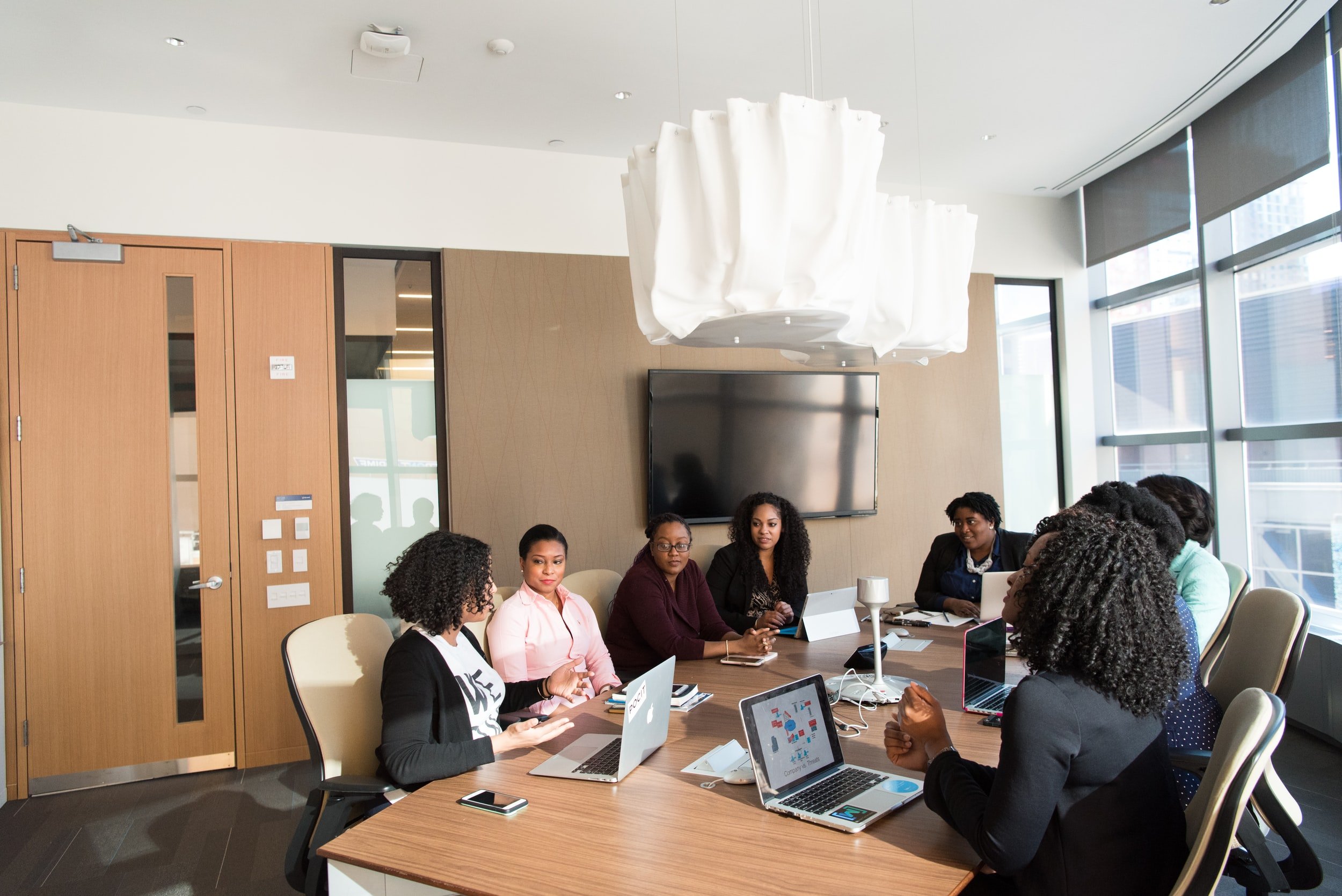Not a monolith: disagreeing with other women in tech
Six months into my first role in the tech industry, I organized a women in tech event. There were a lot of great moments from the event. This was the beginning of gathering women in the office and forming our community, but years later the only moment I remember was from the introductions. A senior engineer shared that she had found success in the tech industry by keeping her head down and coding as opposed to getting involved in women’s groups.
This was hard to hear. At the time I was a wide-eyed junior engineer and had a very specific vision for changing the tech industry and my office and I remember being irritated that she was clouding that vision. I remember thinking of the few men in the audience that day and wondering what they would think. But looking back now with more years of experience, I empathize with her perspective.
Eight years that have passed since that day. I’ve seen women in tech rise through the ranks, but I’ve also seen many struggle and even leave the industry. Many women have been rewarded for investing in diversity work and others have been penalized it comes to promotions and other career opportunities. I’ve seen some women lead ERGs and drive recruiting events and others choose to skip these activities in favor of focusing on their career — writing more code, taking stretch projects, etc. There’s no one size fits all and I’ve prioritized both approaches at different points in my own career.
So as I reflect now on that moment three things stand out:
I was holding that woman engineer to a higher standard than I was holding the men in the room. If they chose to stay heads down coding instead of attending a women’s event, I wouldn’t fault them. Why was I holding her to such a high standard?
I saw the path of improving gender diversity at the company as straightforward and narrow, without recognizing that persisting in the tech industry itself was its own version of success. As the saying goes, sometimes the best diversity work is to get promoted.
I never considered that her past experience at the company and in the industry may have led her to believe that was the best choice for her and that even thought it was different than my experience, it wasn’t necessarily wrong.
A lot of disagreements with other women in tech boil down to these three things.
Unpaid Diversity Work
A few years later, I was invited to moderate a panel at a local Android conference. The panel was titled “Women in Android”. I was honored to be chosen and started putting together panelists. One of the potential panelists I had reached out to declined by stating that she wanted to be paid for diversity work. She also questioned whether isolating the women panelists to this panel rather than recruiting more women to give technical talks was furthering the cause. This was back in 2016 so the concept of paying speakers was new to me and felt unrealistic to me for such a small conference that wasn’t paying any of their speakers. Now in 2022, companies like LinkedIn pay their Employee Resource Group leaders and paying speakers has become more normalized, but back then the concept was more niche.
As before, I had a narrow view of success for the panel and felt like she was standing in my way. I didn’t consider her perspective and the ways she might have been burned in the past by unpaid diversity work.
She ended up attending the panel and asking a question about unpaid diversity work. Looking back, good for her, and that’s something I would definitely endorse (and do myself) today.
I realize now that she was pushing for something important and through pushing for it she contributed to my perspective shifting, in a small way, and raised awareness in others. Now, if I were to receive a similar opportunity I might decline in favor of preferring to give a technical or management talk. But that doesn’t mean I disagree with my past decisions to moderate the panel or have become “better” or “more informed”. It just means I’m at a different point in my journey. In such a homogenous industry, women are often forced to balance advocating for themselves with advocating for improving diversity. It’s often a tricky balance.
In the years since, I’ve had disagreements with women in tech on many topics:
Unconscious bias trainings
Grace Hopper Conference
The book Lean In
How big of a role confidence plays in the gender gap
Prioritizing events for getting girls into tech over supporting women in the workplace
Prioritizing recruiting over retention
Whether to participate in company diversity articles + diversity recruiting events or whether that’s bad for your individual brand
Whether to staying as a software engineer or moving to engineering management can be more impactful
Whether to serve on a company diversity committee or lead an employee resource group
For most of these disagreements, my opinion is shaped on my past experience and it is nuanced and contextual. I can’t fault someone for having a different experience or being at a different point in their journey. Maybe someday we’ll come to an agreement, or maybe what works for me will continue to work and what works for them will continue to work. In the meantime, I mentally high five them for sticking to their beliefs and trust that we’re all working towards the same goal.
More serious disagreements
Of course, sometimes we aren’t working towards the same goal and you can get burned. I know many women feel particularly hurt when another woman speaks over them in meetings, sabotages them for a promotion, or otherwise harms their career. Those feelings are absolutely valid and we should hold women accountable and push for change as we would with anyone else at work.
Other times the disagreements are more serious: whether to include trans and nonbinary folks in our push for gender quality, whether we can focus on just women (aka white women) first before pushing for racial equity at work, whether to use gender inclusive language. In these cases I seek to educate, but I don’t compromise or tolerate racism or transphobia from these groups.
Unfortunately not all women at work will be on your side or share your values . Certainly not all of your coworkers do, and when that occurs repeatedly, it’s okay to distance yourself from them and focus on yourself. In any workplace, there are many people who will support you, many people who are neutral, and a few that may appear to be actively working against you. Focus on your supporters.
Coming Full Circle
In 2019, a woman declined to participate in my mentoring group because she wanted to spend that time coding instead. She worried by attending the group she would fall behind her male peers and miss out on important opportunities. This time, I wasn’t offended. Instead, I welcomed her perspective and continued running the mentoring group for the women who wanted to attend.
By that point I was far from the wide-eyed junior engineer I had been in 2014. I had more experience, I had more power, I was motivated to create change, while also quite a bit jaded by the industry. But everything had come full circle and I could accept and appreciate a different perspective on women’s groups. I had grown.

